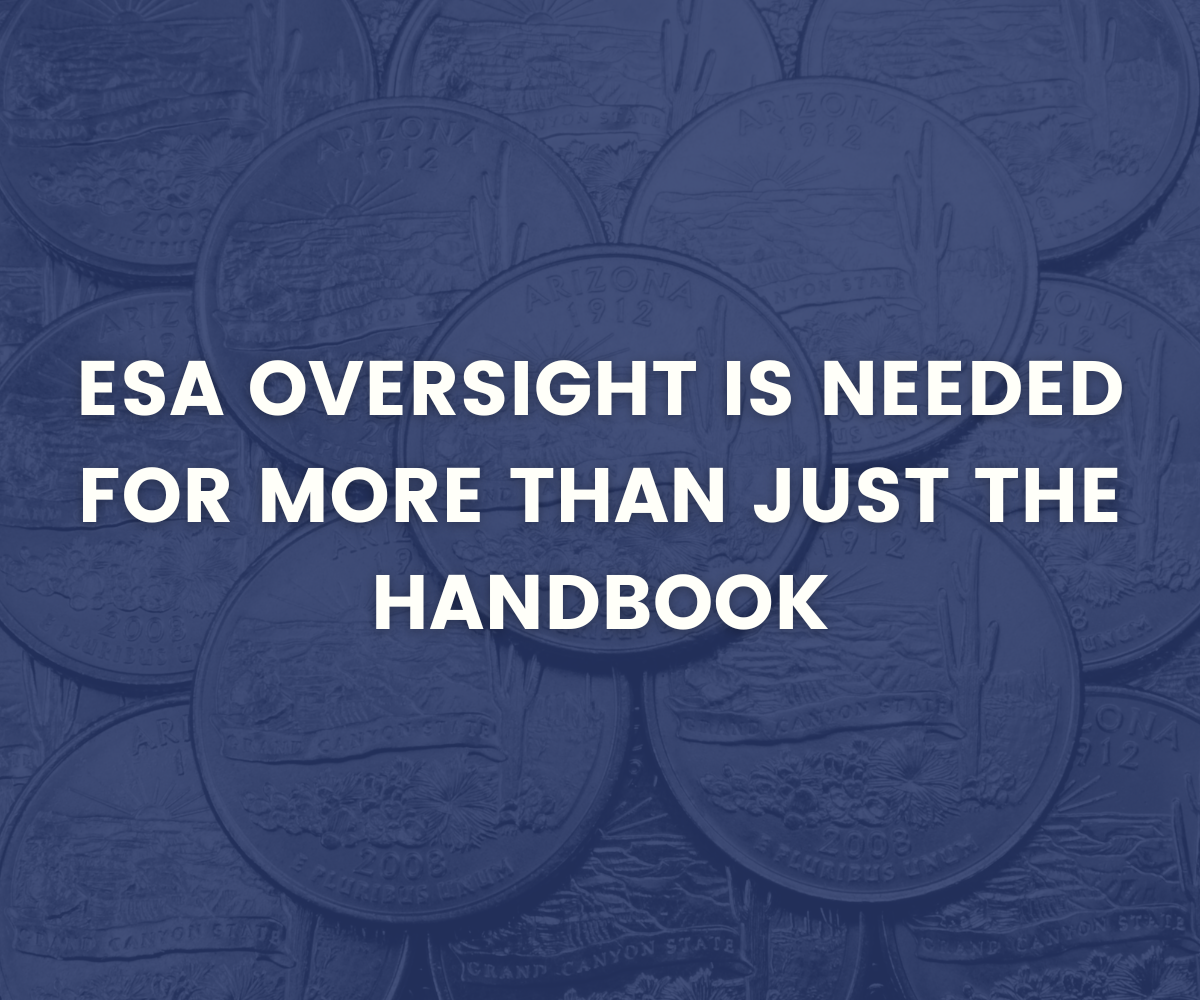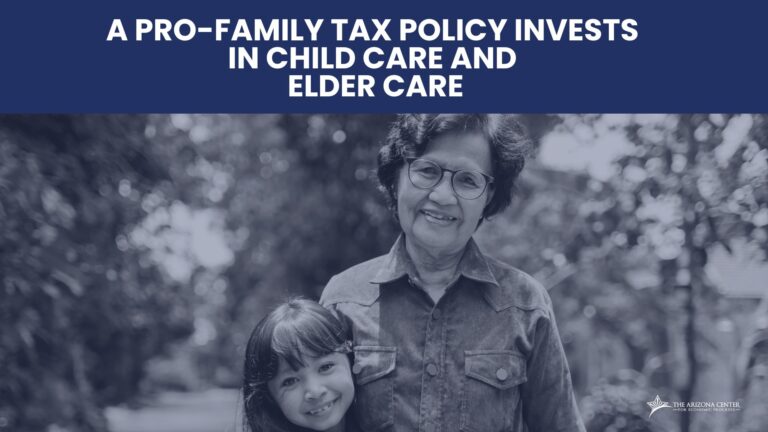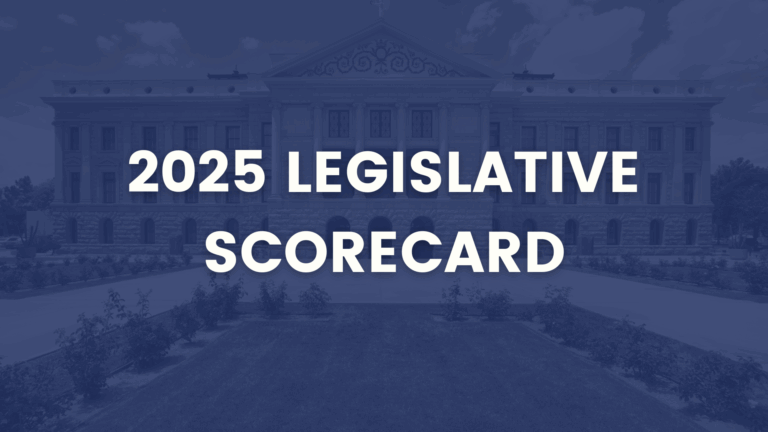
ESA Oversight is Needed for More Than Just the Handbook
On March 24, the State Board of Education heard about proposed changes to the Empowerment Scholarship Account (ESA) parent handbook. The changes included spending caps on items such as physical education equipment and musical instruments as well as listing items that would not be eligible for reimbursement. The board is scheduled to take action on the handbook at its June meeting.
While the Arizona Center for Economic Progress applauds attempts to make sure that ESA expenditures are reasonable and in keeping with state law, it’s important to note that none of the changes proposed would directly result in savings to the state. That’s because ESA students receive an annual award that is available to them until they withdraw from the program. Each quarter, after an ESA agreement is signed, state dollars are moved into the student’s “digital wallet”, and it is from this “wallet” that expenses are paid. Funds do not have to be spent within the contract year – remaining funds can be carried forward. Even after students exit the ESA program when they graduate from high school or earn a GED, they are given three years to use any remaining ESA funds to pay for postsecondary education.
Information available from the Department of Education shows that ESA expenses for the last calendar year were $153 million less than awards. Unused funds remain in the individual students’ accounts unless terminated by the Department of Education or until three years after closure for non-renewal of their contract, during which time the funds may be used to pay for postsecondary education as allowed by state law. While work is happening to increase accountability, work should also be happening to ensure that there is a public accounting of K-12 funds that are being diverted to higher education, and a breakdown of the incomes of households who are utilizing the funds in this way.



